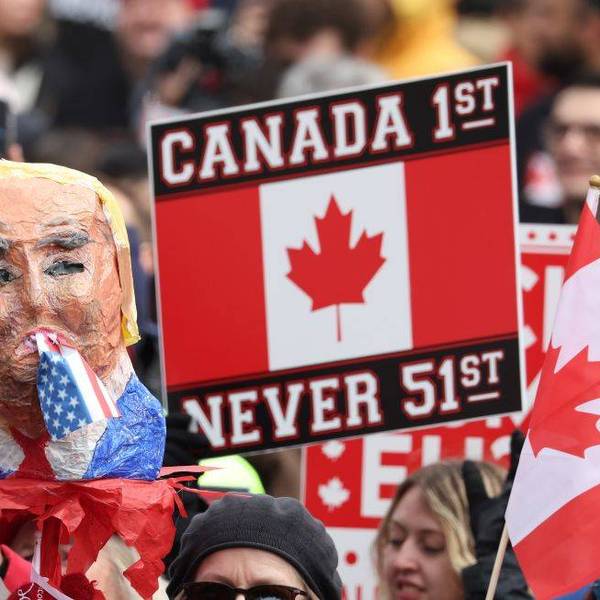The safest country in the world is no longer a safe place and many Canadians will be asking today whether this is because the Conservative Prime Minister Stephen Harper pushed Canada into joining the US-led war in the Middle East.
A multicultural society which prided itself on tolerance became divided when the Conservative government put a number of Muslims on a "watch list" in addition to announcing three weeks ago that it would send 600 special forces members along with fighter jets to support the US effort in their fight against Isis in Iraq. Two Canadian soldiers were hit by a car on Monday near Montreal - one of them died later. The attacker was shot dead and identified as a Muslim convert influenced by "radical Islamists".
Canada has a large Muslim population - more than 2 per cent are Canadian citizens - but the word "radicalised" only came into use recently when the Harper government revealed it believed that about 30 young Canadians had gone to support Isis.
Then at 10am Canadian time yesterday a gunman fired shots at the War Memorial near the Parliament Hill in Ottawa and first reports suggested a Canadian soldier on honour guard was killed. The gunman entered the parliament building with a rifle where some 30 shots were heard. Harper was evacuated to safety and the parliament building was under police guard for hours afterwards. On Wednesdays, parliament is a busy place with all parties holding their caucus meetings; the building is often packed with tourists.
One parliamentary worker described the armed man as having an Arab appearance with long hair and a beard. Canadian Muslims will be among the first to express their concern if this proves true.
The Montreal attacker was identified as Martin Couture-Rouleau, aged 25, of Saint-Jean-sur-Richelieu outside the city.
Canada refused to join the UK-US war in Iraq in 2003. As a bargain, then Canadian Liberal Prime Minister Jean Chretien offered to send troops to Afghanistan. Initially, Canadians were not told their soldiers were on a combat mission. Only when their bodies began to return home did it become clear that Canada was at war in a Muslim country. Canadians eventually forced Harper to withdraw their soldiers from Afghanistan.
But now he is sending them back to the Middle East. Canadians have been against joining wars on the basis that, historically, their country only sent peacekeepers abroad. However, Harper's pro-American policies appear to have turned Canada - and indeed the seat of political power in the capital Ottawa - into a target. Now Canadians will not only be worried about travelling to Europe, America or the Middle East - but wondering if they're even safe inside their own homes.
So what happens next? Will Canada's Muslim community - which has existed for more than 100 years - now have to "re-prove" it is loyal to a country which is fighting in the Muslim world? There have been plenty of "plots" uncovered in the past - in one of which Muslim extremists were apparently threatening to kill MPs. Since 9/11, many Muslims in the country have offered to work in government security in order to prevent incidents like those this week. How long this co-operation will continue now that Canada is in action in Iraq is another question



